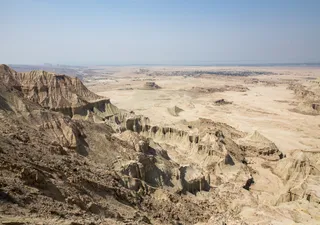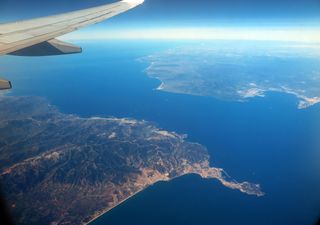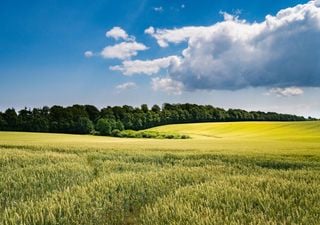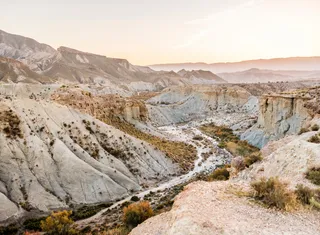
A recent genetic and paleoecological study indicates that the ancestors of all the first non-African Homo sapiens lived 25,000 years in this place before spreading around the world.

Manuel Maderal de la Dehesa, a native of Zamora, completed his undergraduate studies in International Relations at the Complutense University of Madrid in 2023. There he discovered his passion for journalism, where he participated in a podcast about international current affairs. Currently a student of the Master in International Journalism, he has found his vocation as a writer in different thematic areas.
Manuel has participated in courses on geopolitics and global governance, being interested in and attending events such as the NATO Parliamentary Assembly.
He has great ambition in science issues, along with others such as international relations and culture. His curiosity towards the environment and meteorology grew after experiencing the fires in the Sierra de la Culebra, province of Zamora, in 2022, something that marked him forever.

A recent genetic and paleoecological study indicates that the ancestors of all the first non-African Homo sapiens lived 25,000 years in this place before spreading around the world.

A group of scientists from the University of Lisbon reveals that the Atlantic Ocean could be closing through the Strait of Gibraltar, creating a Ring of Fire similar to that of the Pacific.

A discovery in Denmark challenges ecological theories. Scientists have detected an anomalous behaviour of plants in the country's fields for which they cannot find any explanation.

This desert located in the southeast of the peninsula hides impressive corners and has been the setting for several well-known films. Its fragile ecosystem and its cinematic uniqueness do not escape the effects of climate change.

More than 700 million years ago, our planet's climate became extremely cold and the ice at the poles reached the equator. Australian geologists have determined what could have been the cause of this phenomenon.